‘My AR Is Ready For You’: GOP Lawmaker Sends Ominous Message To Beto O’Rourke
Briscoe Cain, a Republican serving in the Texas House of Representatives, is facing a possible FBI investigation over a threatening message he sent to Democratic presidential candidate Beto O’Rourke.
“My AR is ready for you Robert Francis,” Cain wrote on Twitter in response to O’Rourke’s proposed assault weapons ban.
Twitter later deleted the message for violating “rules for threats of violence,” The Guardian reported. However, O’Rourke shared a screenshot and called it a death threat:
This is a death threat, Representative. Clearly, you shouldn't own an AR-15—and neither should anyone else. pic.twitter.com/jsiZmwjMDs
— Beto O'Rourke (@BetoORourke) September 13, 2019
O’Rourke’s campaign told CNN it plans to report the message to the FBI.
Cain later called O’Rourke “a child” and taunted the people who had reported his message.
“Cool bro,” he wrote to one.
O’Rourke, a former member of Congress, has made gun control a central message of his campaign, especially after last month’s mass shooting in his hometown of El Paso, which left 22 people dead. The message Cain initially responded to was a partial quote from Thursday night’s Democratic debate, in which O’Rourke was asked about his proposed mandatory buyback of assault weapons.
“Critics call this confiscation. Are you proposing taking away their guns, and how would this work?” asked debate moderator David Muir.
O’Rourke said assault weapons were designed for a battlefield, not for hunting or personal protection.
“Hell yes, we’re going to take your AR-15, your AK-47,” he said to cheers. “We’re not going to allow it to be used against your fellow Americans anymore.”
Last year, Cain was thrown out of the state Democratic convention after trying to distribute prank gun control signs, the Fort Worth Star-Telegram reported at the time. One attendee accused him of brandishing a gun at the event.
According to the Dallas Morning News, Cain told his fellow state lawmakers earlier this year that he has Asperger’s syndrome and said: “Sometimes the things I say or do may come off completely different from what I intended.”
People on social media called out Cain for posting the threatening message and many said they had reported it:
Threatening to murder someone w/ your gun is not a great argument against having that gun taken away.
— Mangy Jay (@magi_jay) September 13, 2019
This man threatening to shoot Beto O’Rourke is a TEXAS STATE LEGISLATOR.
Gun extremism is dangerous and deadly. And allowing people like this to write our nation’s gun laws has given America a 25 times higher gun homicide rate than any other high income country. #txlege https://t.co/WU2CgxG51f— Shannon Watts (@shannonrwatts) September 13, 2019
A state rep threatening murder. welcome to Y'all Qaeda.
— Danny Deraney (@DannyDeraney) September 13, 2019
This language is dangerous. We, as Texas electeds, have to be better. Language like this contributes to deaths. https://t.co/bdO38AtX1F
— Erin Zwiener (@ErinForYall) September 13, 2019
If you need a gun to talk tough or feel like a man, @BriscoeCain, you’re a fucking coward.
— Bradley Whitford (@BradleyWhitford) September 13, 2019
In case you forgot, people were just killed in El Paso. People were murdered. The language you are using and the way you are using it is dangerous. We need leaders who want to change our culture of violence. #txlege https://t.co/4pjgJjTN4A
— Dr. Mary E. Gonzalez (@RepMaryGonzalez) September 13, 2019
As far as I can tell, Briscoe Cain’s threat to Beto O’Rourke below was reported to @FBI @FBIHouston @SecretService @statebaroftexas and to his employer. https://t.co/onJnqi92sI oh and it already made the national news pic.twitter.com/Ep0fYtIurK
— Heidi Gordon (@HeidiG812) September 13, 2019
The AR in Brisco Cain’s AR-15 stands for “Attorney Required”.
Nice death threat, d-bag.— Santa Claus, CEO (@SantaInc) September 13, 2019
Gun owner here. That kind of statement is why I have no problem with gun control.
Nice ratio, Sparky. You earned it.— Cosmichomicide (@Cosmichomicide) September 13, 2019
did you, uh, just threaten to shoot a former member of Congress and current candidate for president?
— Tex A. Squire (@texasquire) September 13, 2019
That sounds suspiciously like a threat counselor. @FBI @TwitterSafety
— Jerry Avenaim (@avenaim) September 13, 2019
Also on HuffPost
1981: The Attempted Assassination Of President Ronald Reagan
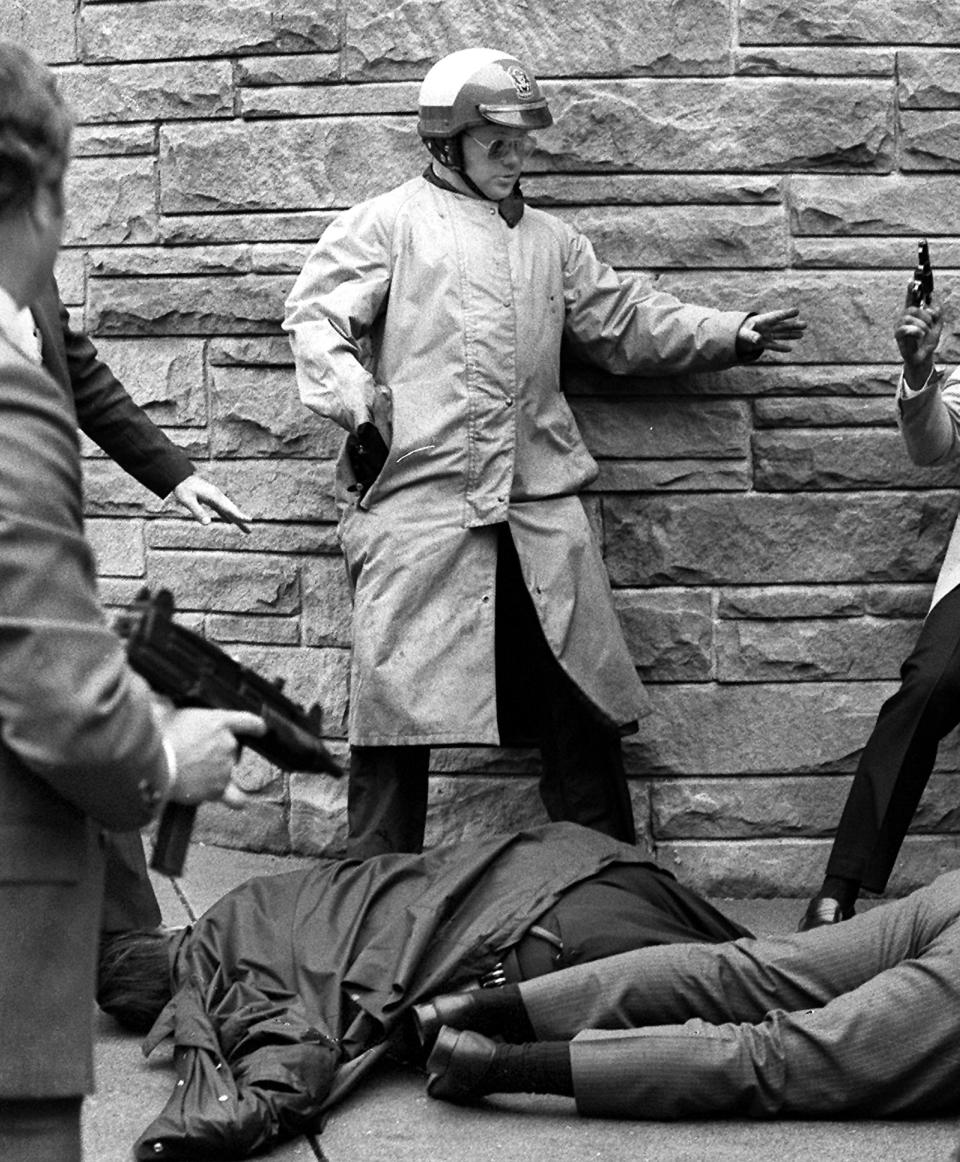
1993: The Brady Handgun Violence Act
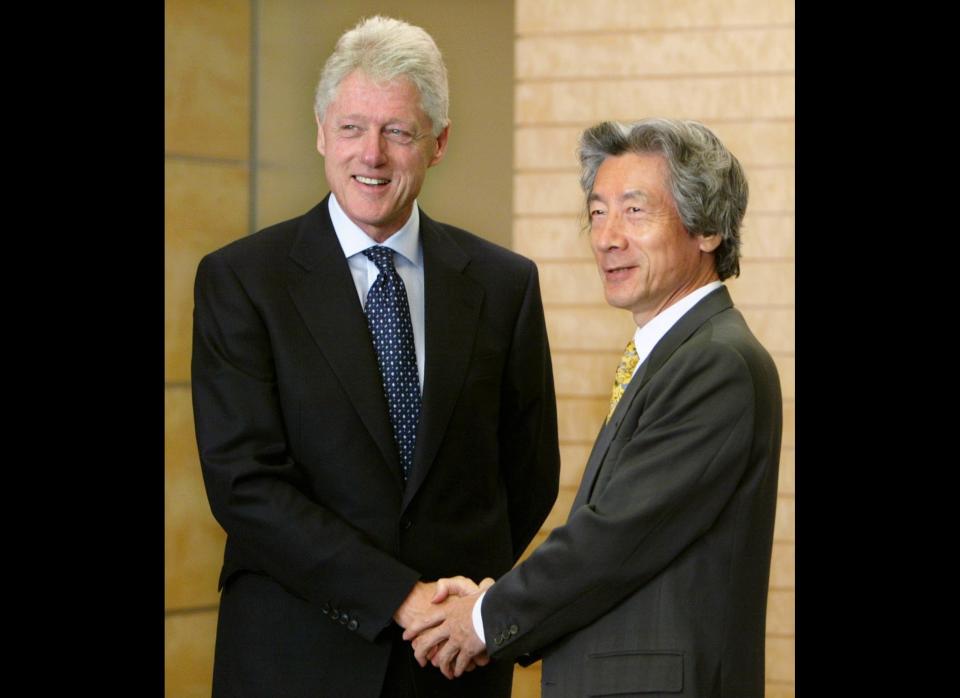
1994: The Violent Crime Control and Law Enforcement Act

2007: The U.S. Court of Appeals For The District Of Columbia Rules In Favor Of Dick Heller
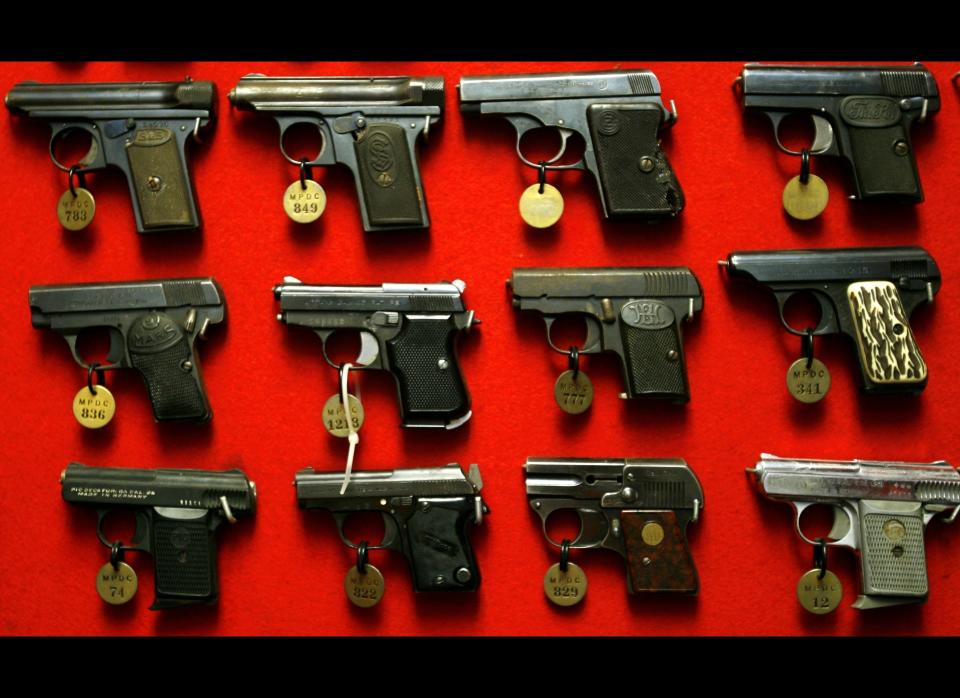
2008: Supreme Court Strikes Down D.C. Handgun Ban As Unconstitutional

Gabrielle Giffords And Trayvon Martin Shootings
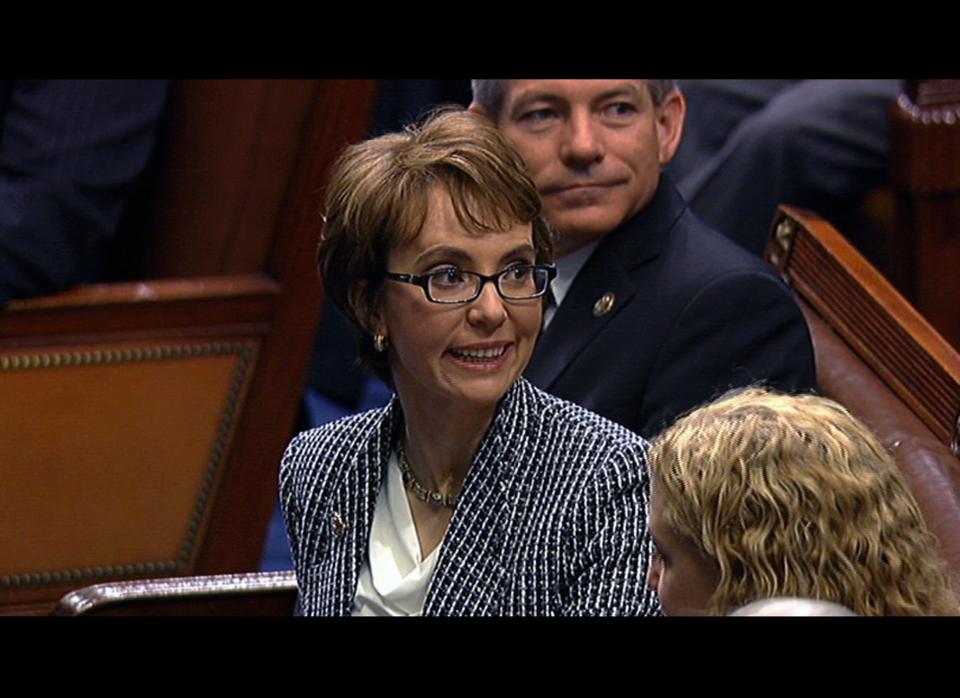
Colorado Movie Theater Shooting
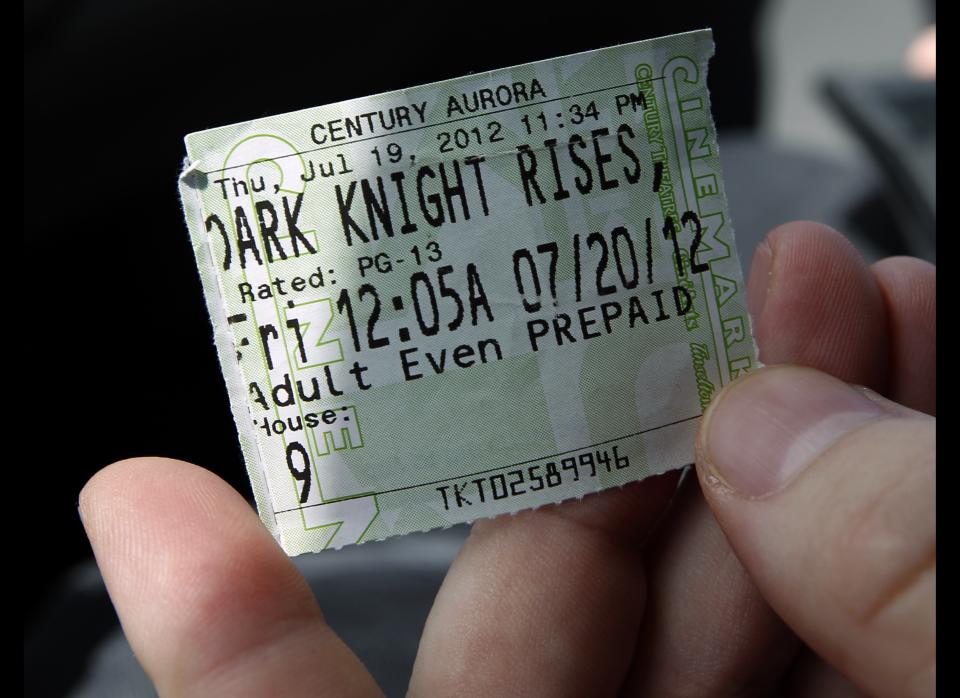
Sikh Temple Shooting
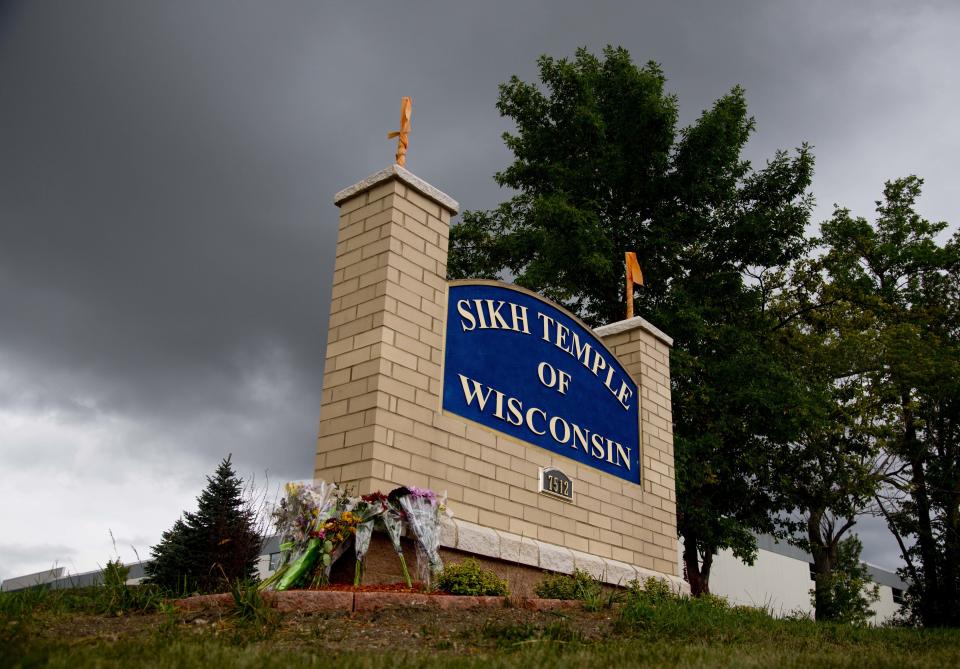
Love HuffPost? Become a founding member of HuffPost Plus today.
This article originally appeared on HuffPost.

